Coronavirus updates: British PM Boris Johnson leaves intensive care
Some abortions in Texas can resume, despite federal appeals court decision
A federal judge blocked parts of Texas’ temporary abortion ban on Thursday evening, allowing some procedures to resume despite a prior appeals court decision to uphold the ban amid the coronavirus pandemic. For more than two weeks, the vast majority of abortion services in Texas have been mostly unavailable, marking the first time the procedure has been not legally accessible in a U.S. state for nearly 50 years.
Beginning immediately, clinics in Texas can offer medication abortion, a pregnancy termination method administered by pill and available to patients up to 10 weeks into their pregnancy. Additionally, patients who would be 18 weeks into a pregnancy by April 22 can also legally receive an abortion, because they would be outside the state’s gestational limit for the procedure when the ban is set to be lifted.
“A ban within a limited period becomes a total ban when that period expires. As a minimum, this is an undue burden on a woman’s right to a previability abortion,” wrote Judge Lee Yaekel, a George W. Bush appointee, in his decision granting Planned Parenthood, the Center for Reproductive Rights and the Lawyering Project a narrow temporary restraining order.
Wall Street caps best week since 1974 after latest lift from Fed
Wall Street closed out its best week in 45 years on Thursday after the Federal Reserve launched its latest titanic effort to support the economy through the coronavirus outbreak.
The central bank announced programs to provide up to $2.3 trillion in loans to households, local governments and businesses as the country tips into what economists say may be the worst recession in decades. It’s the latest unprecedented move by the Fed, which has rushed to ensure cash gets to parts of the economy that need it after markets got snarled by a rush of investors pulling cash out of the system.
The stock market is not the economy, and that distinction has become even more clear this week. The S&P 500-stock index rose 1.4% Thursday, the same day the government announced 6.6 million Americans applied for unemployment benefits last week as layoffs sweep the nation. For the week, the S&P 500 jumped 12.1%, its best performance since late 1974. (Markets will be closed for Good Friday.)
N95 mask shortage comes down to this key material: “The supply chain has gotten nuts”
N95 masks look simple enough: two outer layers of fabric that form the shape of the mask, with a thin filter between. It’s that sandwiched inner layer that complicates the mask’s construction and differentiates medical-grade protection from a homemade mask.
A surge in demand for material for that layer is a key reason for the global shortage of N95s.
The filter is made of thousands of nonwoven fibers, each thinner than a strand of hair and fused together through a process known as melt-blown extrusion.
Manufacturers of the material have been pushed to produce at unprecedented levels, straining an industry that relies on complex machinery and specialized training that’s part technical and part “art form,” according to some in the industry.
“The supply chain has gotten nuts for this particular material,” said Nozi Hamidi, vice president of marketing and business development for SWM International, one of roughly two dozen domestic manufacturers of melt-blown material. “We experienced this when SARS happened 17 or so years ago, but not to this extent. This is just absolutely insane.”
USS Theodore Roosevelt now has 416 coronavirus cases in wake of captain’s firing
The U.S. Navy confirmed Thursday that 416 crew members on board the USS Theodore Roosevelt, a U.S. Navy aircraft carrier docked in Guam, have now tested positive for the coronavirus. The number of confirmed cases jumped by 130 people in one day with more than 1,000 tests still pending.
On Wednesday, the Navy released a statement that said 93% of the crew had been tested for COVID-19, the disease caused by the coronavirus, resulting in 2,588 negative and 286 positive results. Over 2,000 sailors on the ship were subsequently moved to a base on the island, which is a U.S. territory.
Pentagon officials warned Thursday that the ship’s outbreak will not be an isolated incident for the Navy, The Associated Press reports. “It’s not a good idea to think that the Teddy Roosevelt is a one-of-a-kind issue,” said General John Hyten, vice chairman of the Joint Chiefs of Staff. “We have too many ships at sea. … To think that it will never happen again is not a good way to plan.”
U.S. expels 6,300 migrants at the border, shuts off asylum under coronavirus order
The Trump administration on Thursday announced it expelled more than 6,300 migrants along the U.S. southern border in March, sending them to Mexico or their home countries under a public health directive that officials say allows them to override immigration and asylum laws to curb the spread of the coronavirus.
Under an order issued by the Centers for Disease Control and Prevention (CDC) on March 21, U.S. border officials have moved to rapidly process migrants encountered along both land borders. During a conference call with reporters, Acting Customs and Border Protection (CBP) Commissioner Mark Morgan said more than 80% of migrants now encountered at the southern border are being removed from U.S. soil within hours.
In the last three weeks, border crossings have decreased by 50% and CBP is currently holding about 100 migrants — a 97% drop, according to Morgan. Since the implementation of the CDC order, officials have been encountering about 4,200 migrants per week, a sharp drop from the weekly average of 10,000 before the directive was issued, according to CBP officials.
Six migrant kids in U.S. custody have tested positive
Six unaccompanied migrant children in U.S. government custody have tested positive for coronavirus, the Office of Refugee Resettlement (ORR) said, announcing one new case on Thursday.
There are now three facilities in New York that house migrant children who have tested positive for the virus, according to the ORR. Five of the infected children have recovered, and four have been removed from medical isolation.
But there has been a surge of positive cases among personnel at the facilities that house these children. There are now 39 “self-reports” among personnel, according to the ORR.
A total of 52 unaccompanied migrant children in U.S. government custody have been tested for coronavirus, the ORR said. Aside from the six who have tested positive, 31 have tested negative and 15 are awaiting results.
284 federal inmates have tested positive
Approximately 284 federal inmates and 125 staff members have tested positive for coronavirus, the Bureau of Prisons said Thursday.
The federal facility with the highest number of cases among inmates and staff is North Carolina’s FCI Butner, which has 60. Connecticut’s FCI Danbury has 51, and Louisiana’s FCI Oakdale has 50.
Read more about the outbreak at Oakdale here.
Virus tears through Virginia nursing facility, killing 39
The Canterbury Rehabilitation & Healthcare Center announced Thursday that 39 of its residents have died of coronavirus. Six of those deaths occurred in the last 24 hours.
Of the other residents of the Canterbury, 84 have tested positive and 35 have tested negative, the center said. Twenty-five staff members have also tested positive.
“Saturday Night Live” will return with remote episode
“Saturday Night Live” will return this weekend with a remote broadcast on NBC. The network announced Thursday the show on Saturday will include the segment “Weekend Update” and other original content.
The show’s Twitter account posted an image with cast members together on a video conference call.
“SNL” will return on Saturday, April 11 at 11:30 p.m. ET on NBC.
488 staffers and 288 inmates test positive in New York City jails
The coronavirus has sickened 488 staff members and 288 inmates throughout New York City’s jail system, the city’s Department of Corrections said Thursday. In a statement, the department said it was working to identify individuals who may have had contact with those who tested positive.
Seven staffer members and one inmate who was housed at Rikers Island have died after contracting the virus, the department said. “The health and well-being of our personnel and people in custody is our top priority,” the statement added.
British PM Boris Johnson moved out of intensive care
British Prime Minister Boris Johnson has been moved out of intensive care and is in “extremely good spirits,” a No. 10 Downing Street spokesperson said Thursday.
“The Prime Minister has been moved this evening from intensive care back to the ward, where he will receive close monitoring during the early phase of his recovery,” the spokesperson said.
Johnson was hospitalized on Sunday and was moved into intensive care just a day later. He is the first known world leader to test positive for the coronavirus.
Federal deposits expected to start within days
With more than 16 million Americans now jobless, many people await promised federal payments – a key part of the U.S. government’s $2.2 trillion economic relief package in response to the coronavirus pandemic. Adults with income below $75,000 are due to receive $1,200 each, with the first checks expected to land within days.
Some people will likely see the payments hit their accounts through direct deposit early next week, with the first round of checks starting the week of April 13, Representative Debbie Dingell of Michigan said in a blog post. That first round is expected to include 60 million payments to Americans.
If U.S. reopens, we must prepare for coronavirus infections to “rear their heads again,” Dr. Fauci says
Medical experts and political officials have said there are signs that social distancing is working in America and the spread of the coronavirus is slowing. But Dr. Anthony Fauci, the nation’s top infectious disease expert, said the country can’t loosen social restrictions yet and needs to be ready for a possible return of the virus.
“We are doing a very good job on mitigation, on the physical separation, the adherence to the guidelines,” Fauci said on “CBS This Morning” Thursday.
A new model from the Institute for Health Metrics and Evaluation at the University of Washington shows COVID-19 deaths could total around 60,000 by August, a drop from earlier predictions that said there could be 100,000 to 200,000 deaths.
New Jersey reports over 51,000 cases
There have now been more than 51,000 confirmed COVID-19 cases in New Jersey, which has the second highest number of cases of any state nationwide, after New York. 1,700 people in New Jersey have died due to the virus, Governor Phil Murphy said Thursday.
Dallas to close city parks over Easter weekend
Dallas Mayor Eric Johnson on Thursday announced the closure of all city parks over Easter weekend.
Johnson said the park system has traditionally seen a spike in usage for picnics and other gatherings over the holiday weekend.
“We gave some thought to leaving the parks open and trusting that people would be able to keep their distance, but these are extraordinary times and keeping these parks open and needing to enforce our distance and gathering rules could have put our park staff, our public safety personnel and the public in harm’s way,” Johnson said in a news conference.
Dallas police and park rangers will be monitoring the city’s 397 parks over the weekend, CBS Dallas/Fort Worth reported. Parks across the city will be closed at 9 p.m. Friday until 7 a.m. Monday
Fast food workers across California to go on strike
Fast food workers in South L.A. are planning to walk out on the job Thursday to get help during the coronavirus crisis, reports CBS Los Angeles.
The job action was prompted by a worker from a South L.A. McDonald’s testing positive for coronavirus. Workers want full pay if their restaurants are closed because of a positive coronavirus test, $3 an hour of hazard pay, and access to masks, gloves and soap.
New York to open new testing sites in African American and Latino communities
New York Governor Andrew Cuomo on Thursday announced his state would open new testing facilities in African American and Latino communities, which have seen higher fatality rates.
“Let’s learn how and why this virus kills, especially why we have higher fatality rates among African Americans and Latinos. Let’s understand it, but let’s also address it,” Cuomo said.
“We’re going to be doing more testing in African American and Latino communities. With more data, we’re going to be opening new testing cites, primarily in African Americans and Latino communities,” he added.
Surgeon General Jerome Adams told “CBS This Morning” that African Americans are more likely to have pre-existing medical conditions which makes them vulnerable to COVID-19.
New York reports highest single-day death toll for third day in a row
New York Governor Andrew Cuomo said 799 people died due to COVID-19 on Wednesday – the highest single-day death toll yet in the coronavirus pandemic.
He said more than 7,000 people in the state have now died because of the virus, calling it a silent explosion rippling through society with “the same randomness, the same evil, that we saw on 9/11.”
He also said the state is flattening the curve – “a direct consequence to our actions.” He said efforts to slow the spread of the virus, which have included social distancing and school and businesses closures, are working.
Pennsylvania schools will remain closed for rest of school year
Pennsylvania Governor Tom Wolf announced on Thursday that all schools in the state will be closed for the rest of the academic year.
“We must continue our efforts to mitigate the spread of the virus during this national crisis,” Wolf said in a news release. “This was not an easy decision but closing schools until the end of the academic year is in the best interest of our students, school employees and families.”
The decision applies to all public, private, parochial and charters schools, as well as career and technical centers and intermediate units. Colleges and universities are not currently allowed to restart in-person instruction or open their locations.
Lockdowns mean millions of women can’t reach birth control
Lockdowns imposed to curb the coronavirus’ spread have put millions of women in Africa, Asia and elsewhere out of reach of birth control and other sexual and reproductive health needs. Confined to their homes with their husbands and others, they face unwanted pregnancies and little idea of when they can reach the outside world again.
Eighteen countries in Africa have imposed national lockdowns, according to the Africa Centers for Disease Control and Prevention. All but essential workers or those seeking food or health care must stay home for weeks, maybe longer.
Even where family planning remains available, providers say many women fear venturing out and being beaten by security forces and accused of defying the new restrictions. Meanwhile, outreach services, the key to reaching rural women, have largely stopped to avoid drawing crowds and the risk of workers spreading the virus from one community to another.
The International Planned Parenthood Federation, or IPPF, in a new report Thursday says more than one in five member clinics around the world have closed because of the pandemic and related restrictions. More than 5,000 mobile clinics across 64 countries have closed. Most are in South Asia and Africa, but Latin America and Europe have seen hundreds of closures as well.
-The Associated Press
U.S. NIH launches clinical trial on drug touted by Trump as “game changer” in COVID-19 fight
The U.S. government’s National Institutes of Health have launched an official clinical trial of the anti-malarial drug that President Trump has already touted as a possible “game changer” in the fight against the new coronavirus.
The NIH’s National Heart, Lung, and Blood Institute (NHLBI) announced Thursday that the first patients had been enrolled in the trial of hydroxychloroquine to assess its safety and efficacy in treating COVID-19 patients. The drug is already approved for malaria and other diseases.
The statement did not say how many patients had been given the drug already at Vanderbilt University Medical Center in Nashville, but noted the goal was to “enroll more than 500 adults who are currently hospitalized with COVID-19 or in an emergency department with anticipated hospitalization,” across “dozens” of centers that form a drug trials network across the U.S. called the PETAL Network.
“Many U.S. hospitals are currently using hydroxychloroquine as first-line therapy for hospitalized patients with COVID-19 despite extremely limited clinical data supporting its effectiveness,” said lead researcher for the trial, Dr. Wesley Self of Vanderbilt University Medical Center. “Thus, data on hydroxychloroquine for the treatment of COVID-19 are urgently needed to inform clinical practice.”
Surgeon General Jerome Adams on COVID-19’s disproportionate impact on black America
The following is from an exclusive interview from BET.com, a part of ViacomCBS. Click here to read more.
The novel coronavirus has infected more than 400,000 Americans and killed almost 15,000 across the nation. U.S. Surgeon General Dr. Jerome Adams is on the front lines of efforts trying to convey a message to the nation to continue social distancing and proper hygiene to “flatten the curve.”
President Donald Trump nominated Adams, who previously served as Indiana’s state health commissioner under then-governor Mike Pence, for surgeon general in 2017. He is the fourth African American to hold the position.
Adams, 45, is facing perhaps the biggest challenge of his career as the novel coronavirus continues to spread throughout the country and reveals itself to be a particular threat to African Americans.
Reports from Chicago show that black people account for more than 70% of all COVID-19-related deaths and more than 50% of total cases in the city, while making up only 32% of the population. Louisiana reports a similar figure, while only 32% of the state’s residents are black. In Milwaukee, where blacks comprise only 26% of residents, the numbers mirror Chicago’s data.
Senate to take up $250 billion expansion of small business loan program
The Senate is expected to take up legislation Thursday expanding funding for the Paycheck Protection Program (PPP), which provides loans to small businesses to mitigate the economic fallout from the coronavirus pandemic. Republicans hope to approve an additional $250 billion for the program, which was established as part of the massive $2.2 trillion relief package signed by President Trump last month.
Senate Majority Leader Mitch McConnell will try to approve the measure by unanimous consent, which doesn’t require the presence of a majority of senators, most of whom have returned home.
“Thanks to the hard work of small businesses and lenders, billions of dollars have already landed and tens of billions more are already in the pipeline. Jobs are literally being saved as we speak,” McConnell claimed in a statement Wednesday. “But it is quickly becoming clear that Congress will need to provide more funding or this crucial program may run dry. That cannot happen.”
Federal Reserve rolling out $2.3 trillion in “Main Street” loans
The Federal Reserve is taking additional steps to provide up to $2.3 trillion in loans to support American households and businesses, as well as local governments, as they deal with the coronavirus.
The Fed said Thursday that it is activating a Main Street Lending Program authorized by the $2.3 trillion economic relief bill pass by Congress last month.
Federal Reserve Chairman Jerome Powell said the Fed’s role was to “provide as much relief and stability as we can during this period of constrained economic activity.”
–CBS/AP
A decade of job growth has vanished in less than a month
The ranks of Americans filing for unemployment swelled in the first week of April, with 6.6 million seeking jobless benefits. That has brought the total number of Americans on unemployment to 16.8 million over the course of just one month, experts say, wiping out nearly all the jobs gained under both Presidents Barack Obama and Donald Trump.
About 6.6 million people filed for unemployment in the week ended April 4, the U.S. Department of Labor said on Thursday. Unemployment claims, reported weekly, are a barometer for the job market because they indicate how many workers have lost their jobs amid the coronavirus pandemic.
Under Mr. Obama and Mr. Trump, the economy had added about 18.3 million jobs. Over the last three weeks, the economy has suffered 16.8 million layoffs, according to High Frequency Economics.
U.S. sailor from aircraft carrier USS Theodore Roosevelt admitted to intensive care with COVID-19
A U.S. sailor from the COVID-19-stricken aircraft carrier USS Theodore Roosevelt has been admitted to the intensive care unit of the U.S. Naval Hospital in Guam, where the ship is docked.
“The Sailor tested positive for COVID-19 on March 30 and at the time of hospitalization was in a 14-day isolation period on Naval Base Guam,” a Navy spokesperson said in a statement provided to CBS News Thursday morning.
The Navy said Wednesday that 286 personnel from the vessel had tested positive for the new coronavirus. That figure has climbed steadily since the ship was forced to dock in Guam more than a week, since the outbreak was detected. Almost every member of the ship’s crew has now been tested for the virus, but the results of some of those tests are still pending.
Acting Navy Secretary Thomas Modly apologized early this week for criticizing the ousted captain of the Roosevelt, Brett Crozier, as “naive” and “stupid” for his handling of a memo in which he pleaded for help for the ship’s crew.
Fauci says Americans must “redouble our efforts” to beat back coronavirus
Dr. Anthony Fauci, the nation’s top infectious disease expert, told “CBS This Morning” on Thursday that the next few weeks will be critical in bringing the U.S. coronavirus epidemic under control, and he warned the only way to do so was for all Americans to “redouble our efforts” at social distancing and other precautions.
He said if that happens, the U.S. death toll could be kept under initial predictions of at least 100,000.
Fauci, a key member of the White House coronavirus task force, and other medical experts have credited Americans as well as state and local leaders for taking the measures needed to start tamping down the pace of the disease’s spread across the country. Watch Fauci’s interview with “CBS This Morning” in the player below.
Locked-down Tokyo sees another day with record number of new COVID-19 cases
Tokyo reported 181 new coronavirus cases Thursday, setting another record daily increase. The total exceeds 1,500, with infections accelerating in the Japanese capital under a state of emergency.
Tokyo Gov. Yuriko Koike urged companies to more quickly shift to remote working and cooperate with the stay-at-home request.
Prime Minister Shinzo Abe recently declared the state of emergency in Tokyo and six other prefectures, allowing Koike and other leaders to take tougher steps to ensure social distancing. He urged the people to reduce human interactions by as much as 80%, a level that experts say can help control the outbreak in about a month if strictly observed.
– Associated Press
900 U.S. nationals set for repatriation flights from South Africa Thursday and Friday
The first of two flights chartered by the U.S. government to bring Americans home from South Africa amid the coronavirus pandemic were to depart on Thursday. The third flight was to leave Friday. In total, the U.S. Embassy in Johannesburg said more than 900 U.S. nationals would be flown into Washington D.C. on the flights.
All the repatriated nationals would be screened for symptoms before leaving South Africa and then told to self-quarantine for two weeks upon their arrival back in the U.S.
U.S. Ambassador Lana Marks watched, from a safe distance, as some of the Americans prepared to head for the airport Thursday morning in Johannesburg. In a statement released by the embassy, Marks thanked South African officials “for their support and excellent collaboration in facilitating the departure of the American citizens.”
Marks said the State Department had repatriated more than 50,000 U.S. citizens from over 94 countries since the coronavirus crisis began.
Amid rush to get ventilators to hospitals, evidence suggests their use could be problematic
As health officials around the world push to get more ventilators to treat coronavirus patients, some doctors are moving away from using the breathing machines when they can. The reason: Some hospitals have reported unusually high death rates for coronavirus patients on ventilators, and some doctors worry that the machines could be harming certain patients.
Mechanical ventilators push oxygen into patients whose lungs are failing. Using the machines involves sedating a patient and sticking a tube into the throat. Deaths in such sick patients are common, no matter the reason they need the breathing help.
Generally speaking, 40% to 50% of patients with severe respiratory distress die while on ventilators, experts say. But 80% or more of coronavirus patients placed on the machines in New York City have died, state and city officials say.
Higher-than-normal death rates also have been reported elsewhere in the U.S., said Dr. Albert Rizzo, the American Lung Association’s chief medical officer.
Similar reports have emerged from China and the United Kingdom. One U.K. report put the figure at 66%. A very small study in Wuhan, the Chinese city where the disease first emerged, said 86% died.
– Associated Press
Medical crew member on hospital ship docked in Los Angeles tests positive for COVID-19
A crew member aboard the U.S. Navy hospital ship USNS Mercy, docked in Los Angeles to help ease the burden on local hospitals amid the coronavirus crisis, has tested positive for COVID-19, the Navy confirmed Wednesday.
The crew member, who works in the medical treatment facility, is currently isolated aboard the ship and will be transferred to an off-ship facility where they will “self-monitor for severe symptoms.”
According to Lt. Joseph Pfaff, the positive case will not affect the ship’s ability to receive patients. The ship is following protocols and taking every precaution to ensure the health and safety of all crewmembers and patients on board, Pfaff said.
Amid rush to secure ventilators, doctors warn of shortage of crucial drugs
With federal and state officials rushing to secure ventilators for patients battling COVID-19, the disease caused by the coronavirus, doctors and pharmacists are warning that the supply of drugs needed to place patients on those ventilators is also dwindling.
“The correlation is 1 to 1,” said Dan Kistner, group senior vice president of pharmacy solutions for Vizient, a company that serves more than half the nation’s hospitals and negotiates lower drug prices. “There is a demand for ventilators that we’ve never seen before, and thus you’re going to have the same pressure on the drugs that support ventilators.”
Click here to read the full story.
.
Digital model shows how a cough can spread coronavirus in a grocery store
Research from Finland attempts to show how fast and how far a single cough can spread the kind of aerosol particles that carry the new coronavirus through a typical grocery store. The digital model built by Aalto University, using data gathered by researchers there and at three other research institutes, was released with a warning: “It is important to avoid busy public indoor spaces.”
Aalto University, the Finnish Meteorological Institute, VTT Technical Research Centre of Finland and the University of Helsinki all conducted the same digital modelling experiment independently, and they all got pretty much the same preliminary data. That data shows the tiny airborne particles emitted with a cough, sneeze “or even talking” spread in an invisible cloud that lingers for several minutes and spreads quickly over store shelves.
“Someone infected by the coronavirus can cough and walk away, but then leave behind extremely small aerosol particles carrying the coronavirus. These particles could then end up in the respiratory tract of others in the vicinity,” Aalto University Assistant Professor Ville Vuorinen said in a report on the modelling.
U.S. death toll now over 14,800
As of early Thursday morning, the U.S. has confirmed at least 14,808 deaths from COVID-19, the disease caused by the new coronavirus, according to data compiled by the Johns Hopkins University. That grim toll is behind only Italy, where almost 17,700 people have died, and Spain, where a new toll of 15,238 put the country slightly ahead of the U.S. on Thursday.
Both Italy and Spain have seen the number of new cases reported each day drop, and in Italy even the number of new deaths reported each day has begun to decline. But while some of the worst-hit cities in the U.S. have seen an encouraging levelling-off of new cases, the country is still on an upward trajectory overall.
CDC eases some return-to-work guidelines for essential workers
In a first, small step toward reopening the country, the Trump administration issued new guidelines to make it easier for essential workers who’ve been exposed to COVID-19 to get back to work.
Dr. Robert Redfield, director of the the Centers for Disease Control and Prevention, announced Wednesday at the White House virus task force briefing that essential employees, such as health care and food supply workers, who’ve been within 6 feet of a confirmed or suspected case of the new coronavirus can return to work under certain circumstances if they’re not experiencing symptoms.
– Associated Press
National stockpile almost out of PPE
The Strategic National Stockpile is nearly out of the N95 respirators, surgical masks, face, shields, gowns and other medical supplies desperately needed to protect front-line medical workers treating coronavirus patients. The Department of Health and Human Services told The Associated Press Wednesday that federal officials were in the process of deploying all remaining personal protective equipment — referred to as PPE for short — in the stockpile.
The HHS statement confirms federal documents released Wednesday by the House Oversight and Reform Committee showing that about 90% of the personal protective equipment in the stockpile has been distributed to state and local governments. HHS spokeswoman Katie McKeogh said the remaining 10% will be kept in reserve to support federal response efforts.
House Oversight Chairwoman Carolyn B. Maloney, D-N.Y., said in a statement that the Trump administration is leaving states to scour the open market for scarce supplies, often competing with each other and federal agencies in a chaotic bidding war that drives up prices.
– CBS/AP
253 federal inmates have tested positive for COVID-19
The Bureau of Prisons announced Wednesday that 253 federal inmates and 85 staff members have tested positive for coronavirus. Nineteen inmates and 7 staff members have recovered, the BOP added.
Louisiana’s FCI Oakdale leads the nation with 47 cases among staff and inmates, according to the BOP. Connecticut’s FCI Danbury has 46, and North Carolina’s FCI Butner has 42.
Here’s what needs to happen for America to return to “normal”
When will life return to “normal,” and what will it mean to live in a post-coronavirus world?
Though President Trump is raring to open the country back up, experts warn a few critical things need to be in place for life to return to some version of what it was before the country essentially shut down in March. Even then, life might not be quite the same; many people may alter their behavior and reconsider going to large gatherings that were previously commonplace.
A “roadmap” report released by the conservative-leaning American Enterprise Institute, authored by former Food and Drug Administration Commissioner Scott Gottlieb, other former FDA officials and experts at Johns Hopkins University, identified three phases: slowing the spread, reopening the economy state-by-state, and establishing immunity to lift physical distancing.
Only in that third phase will life return to the closest thing to normal, the report concludes.
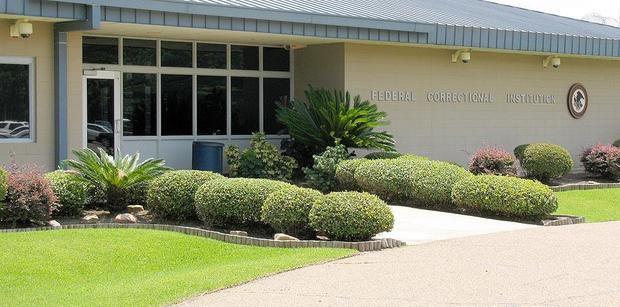
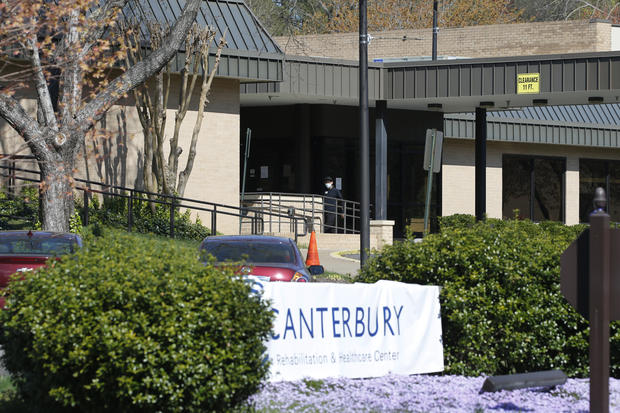
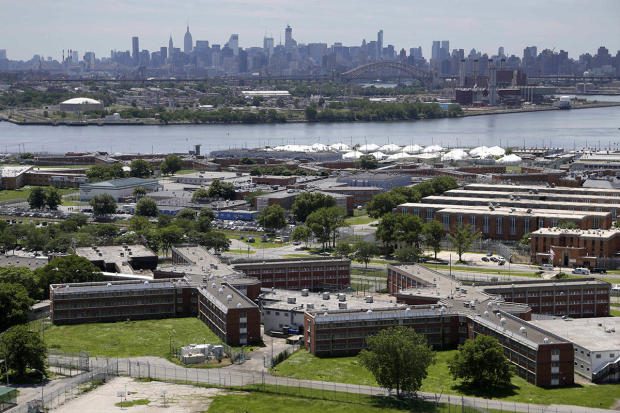
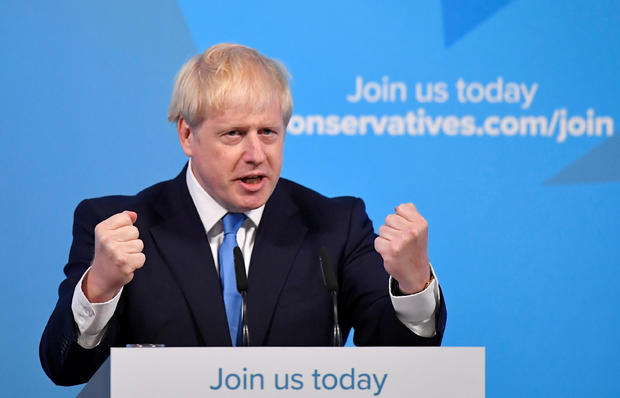
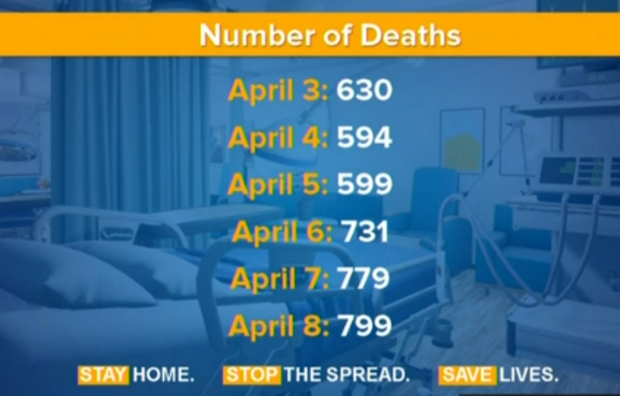
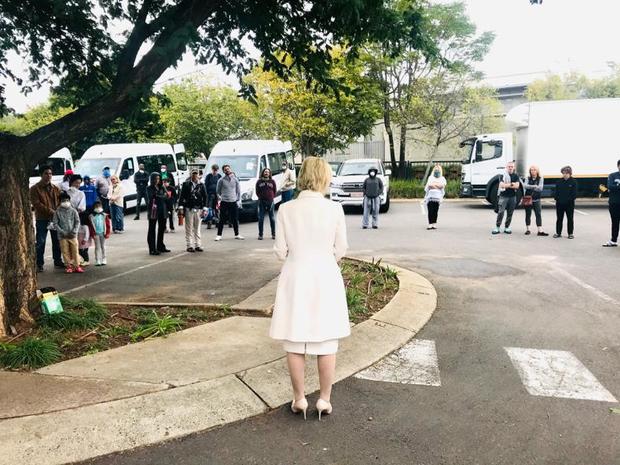

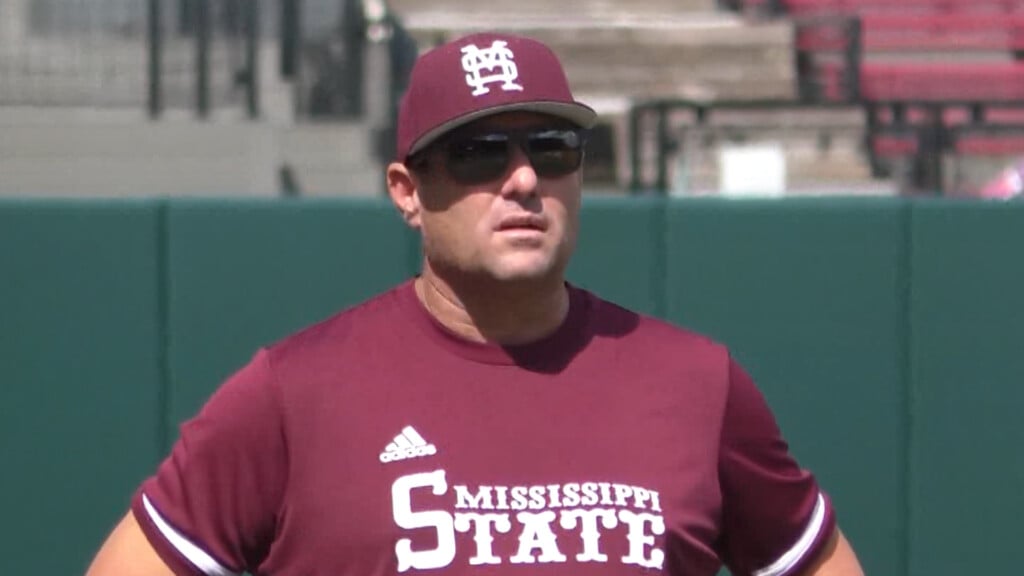
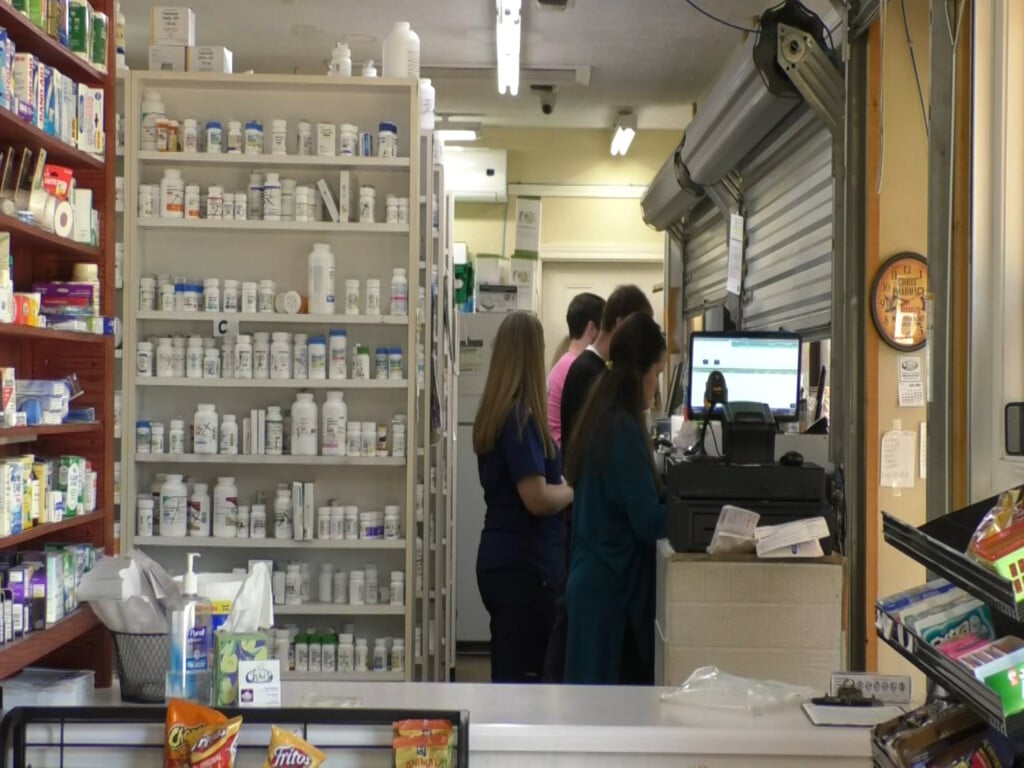
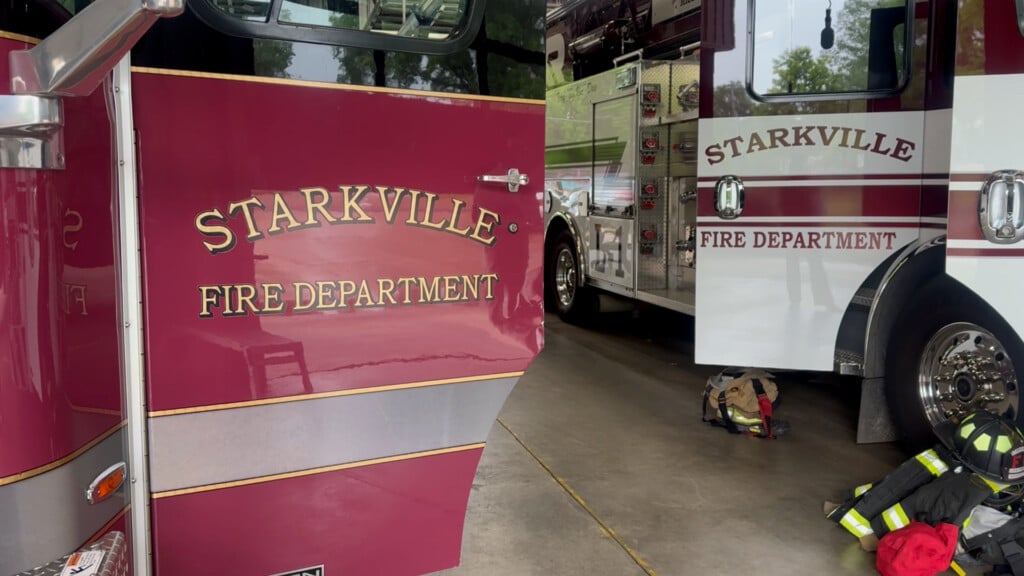
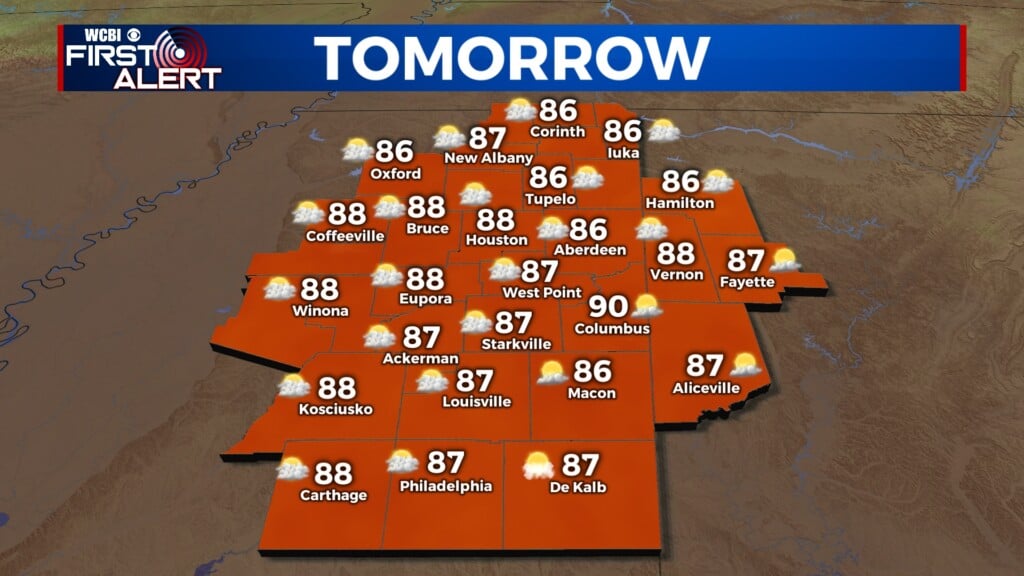
Leave a Reply